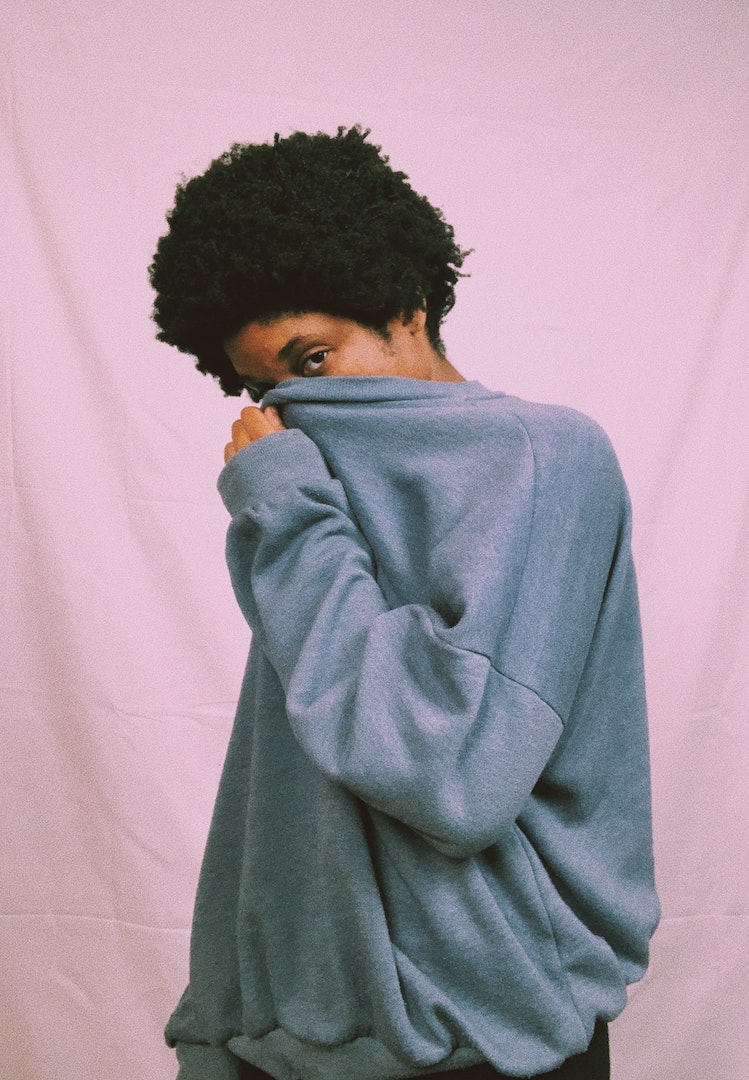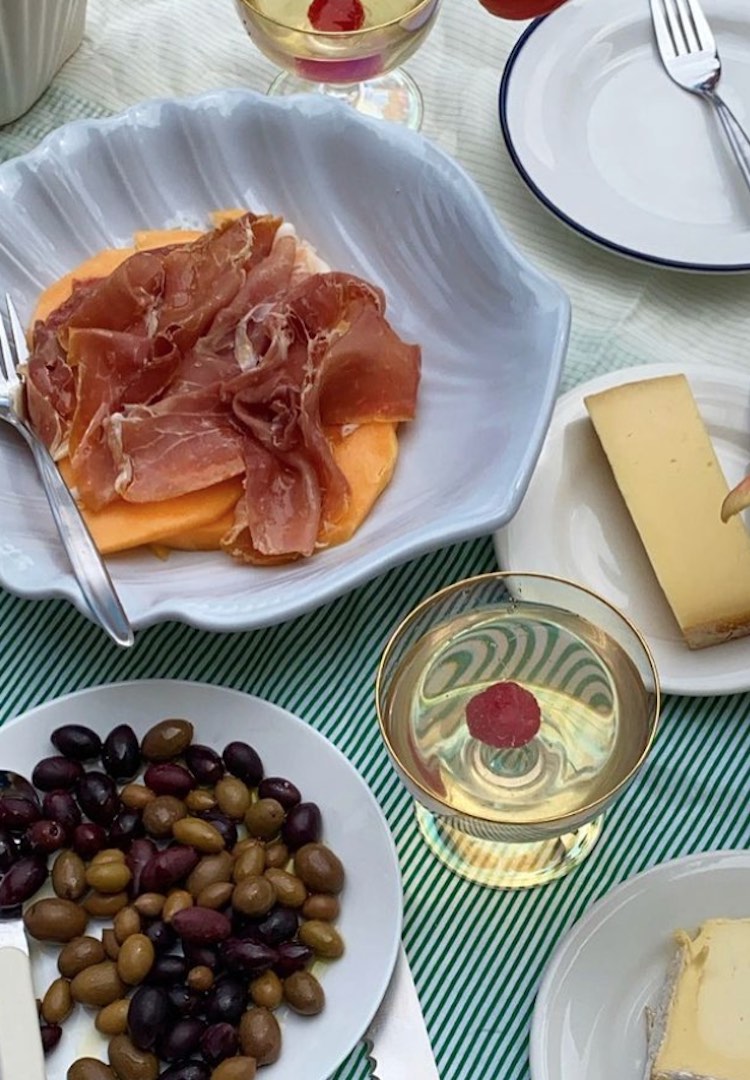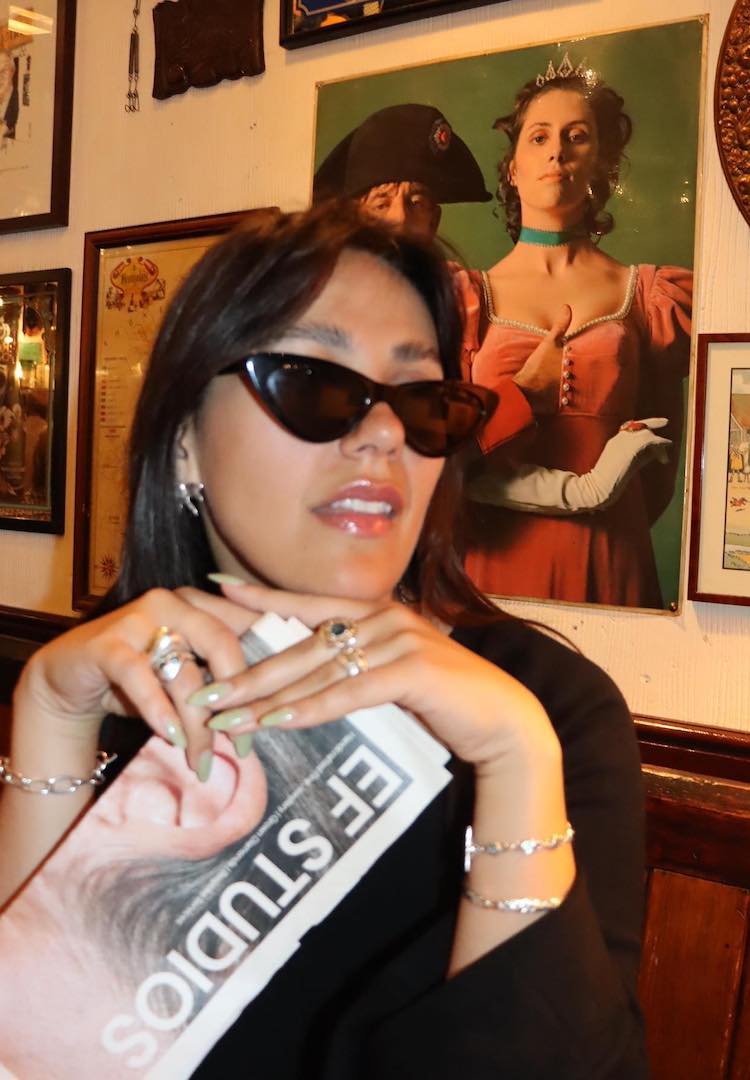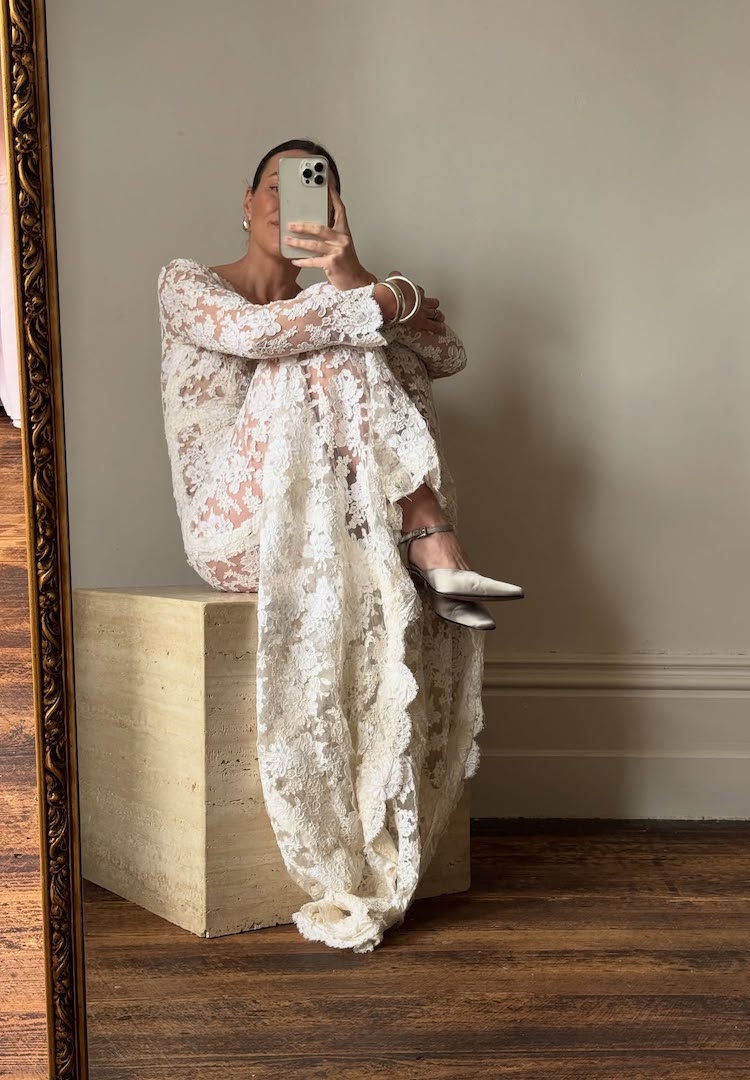Could ASMR be a cure for heartbreak?
WORDS BY Rachael Akhidenor
This form of digital intimacy can provide a “gentle place to just sit in your feelings, and feel safe and loved”.
I remember the first time I experienced heartbreak. Grief-stricken and in a pain so all-consuming it felt like I was about to combust, I remember asking a friend, “Is this what heartbreak feels like?”.
I couldn’t believe that this – this mind-melting, heart-wrenching pain – was the feeling millions, hell billions, of people, experience in their lifetime. My friend simply nodded. “Yes,” she said. “Yes, it is.”
Nursing a broken heart? For more sage advice, head to our Life vertical.
As anyone who has moved through heartbreak will know, trying to find a cure is a hope-inducing antidote to the all-consuming pain. There are the obvious ones. Time. Hanging out with friends. Picking up a new hobby. (Pre-pandemic) travel. Playing a continuous stream of #selflove TikToks.
And there are the not so obvious ones. Enter: ASMR. Yes. You read that right, ASMR. More formally known as Autonomous Sensory Meridian Response, this relaxing, bone-tingling sensation is not one many see as a cure for heartbreak. Until, perhaps, now.
Laura Nagy, an Australian podcaster, writer and filmmaker, not only found ASMR a key “tool in [her] arsenal against heartbreak”, but was so moved by it, she decided to share her experience in the form of a podcast.
The eight-part series, Pillow Talk, is an ode to this strange and wild period in her life that she now describes as her falling “down the biggest rabbit hole in the universe”. From exploring the surprisingly healing powers of ASMR to becoming a member of the “complex, close-knit community” of ASMR creators and lovers, this new podcast is a sensory experience for anyone who is experiencing, or has experienced, the perils of heartbreak. I was intrigued to learn more.
“I started listening just because I felt lonely,” Laura tells me over the phone. “I had a breakup and I was very sad… you share every moment of your life with someone, and suddenly there’s no one there. It was those little intimate moments that you take for granted when you’re in a relationship.”
She craved intimacy and connection, an experience the heartbroken know all too well. The pre-recorded voices of the internet filled that void. “The thing is… truly anything that you want to hear someone say – that you’re missing in your real life – you can find there. And if you can’t find it, you can commission someone to record it. It was people saying things like, ‘I love you’ and ‘You’re not alone’ and ‘You look nice in that’, and like, ‘You are funny’.”
These self-esteem-boosting affirmations were exactly what she needed to “fill the silence” as she lay in bed alone at night. It provided a sense of digital intimacy; a way to feel connected to others when she was too heartbroken to connect with anyone. It also evoked deep introspection, allowing her to identify what she desired and needed in her relationships moving forward.
“Along the way, I discovered erotic ASMR and comfort audio. So, it became this thing that I didn’t even realise I needed to hear. I would hear erotic recordings that felt really safe… where consent was really prioritised and clear and verbalised.”
These “whispered encounters” of consent, acknowledgement and communication stirred something in her. “It kind of sparked my own journey to interrogate that further, digging up why I had such an emotional reaction to that, and looking back on [the] past experiences I had had where they hadn’t happened.”
Laura attributes these experiences as the key to her healing; a safe way to reveal lessons about herself and her needs. This extended beyond the bounds of romance and relationships, to exploring kink and sexual curiosity. “It’s almost safer in a way, because there’s no relationship on the line. You’re just roleplaying with a pre-recorded voice.”
While this form of intimacy was not ‘real’ in the traditional sense of the word, the feelings it evoked provided a stopgap to the loneliness she was experiencing. “I mean it’s almost an oxymoron,” she says. “Because, you know, it isn’t real intimacy… but the reason it was significant for me was because I felt really tender, and [was] a bit cautious.”
But before you relegate this kind of digital intimacy as purely ‘fake’, Laura presses there that there is, in fact, a strong community of real people there. “I ended up having genuinely really deep connections with fellow listeners and creators I met, because we were all people who wanted to talk about similar things.”
We all know that there is no magic potion or cure-all for heartbreak, but perhaps ASMR should be added to our repertoire for healing. While it’s possible to become “too dependent on [it]” as Laura warns, there is no doubt this form of digital intimacy can provide a “gentle place to just sit in your feelings, and feel safe and loved”.
You can listen to Laura’s full journey into the healing but complex world of ASMR on Pillow Talk, available on Audible’s Plus Catalogue here.













